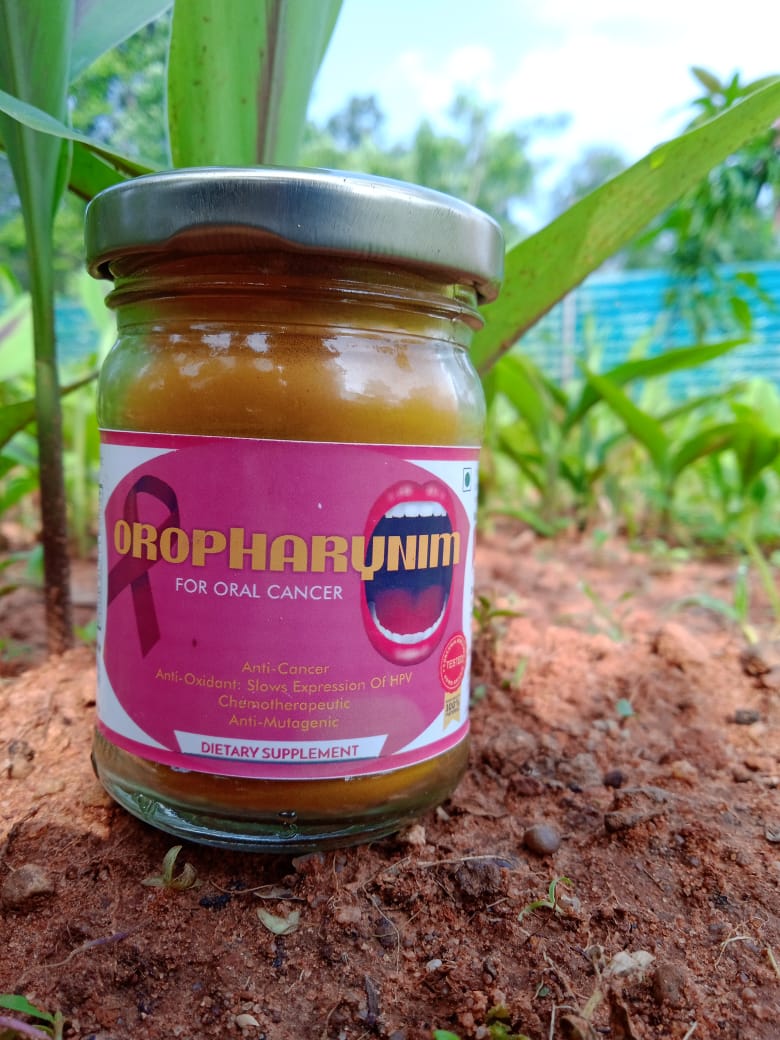Top 10 Cancer Treatments for Oral Cancer and the Potential of Turmeric as a Complementary Approach
Oral cancer is a serious condition that affects thousands of individuals worldwide. Advancements in medical science have led to various effective treatment options for managing oral cancer, ranging from surgery to targeted therapies. In recent years, complementary approaches, such as using turmeric, have also gained attention due to potential health benefits.
This article highlights the top 10 cancer treatments for oral cancer, their side effects, and explores the anti-cancer properties of turmeric as a potential supportive therapy.
Top 10 Cancer Treatments for Oral Cancer:
1. Surgery: Surgery is a common treatment for early-stage oral cancer. It involves the removal of the tumor and, in some cases, surrounding tissues to prevent the spread of cancerous cells.
2. Radiation Therapy: High-energy radiation is used to target and destroy cancer cells. It may be employed as the primary treatment for small tumors or in combination with surgery or chemotherapy.
3. Chemotherapy: Chemotherapy involves the use of powerful drugs to target and kill cancer cells. It can be used in combination with other therapies to manage advanced or aggressive oral cancer cases.
4. Targeted Therapy: Targeted therapy medications are designed to selectively attack specific cancer cells or molecules involved in their growth. These drugs may have fewer side effects than traditional chemotherapy.
5. Immunotherapy: Immunotherapy harnesses the body’s immune system to recognize and attack cancer cells. It can be an effective approach for certain types of oral cancer.
6. Brachytherapy: Brachytherapy involves placing radioactive sources directly into or near the tumor site to deliver localized radiation treatment.
7. Photodynamic Therapy: This therapy utilizes a light-activated drug to destroy cancer cells when exposed to specific wavelengths of light.
8. Electroporation: Electric pulses are used to enhance the uptake and effectiveness of chemotherapy drugs.
9. Cryotherapy: Cryotherapy involves the freezing of cancerous cells to destroy them.
10. Palliative Care: Palliative care aims to improve the quality of life for oral cancer patients by managing symptoms and providing emotional support.
Side Effects of Cancer Treatments:
Cancer treatments can cause various side effects, which may vary depending on the type of treatment and the individual’s response. Common side effects include nausea, fatigue, hair loss, weight changes, mouth sores, and lowered immune function.
Turmeric and its Anti-Cancer Properties:
Turmeric, a spice derived from the Curcuma longa plant, contains an active compound called curcumin. Research suggests that turmeric possesses anti-inflammatory, antioxidant, and potential anti-cancer properties. In laboratory studies, turmeric has demonstrated the ability to interfere with cancer cell growth, proliferation, and apoptosis (cell death).
Apoptosis is a natural process where damaged or abnormal cells self-destruct, helping maintain the body’s healthy cellular balance. Studies have suggested that turmeric promotes apoptosis in cancer cells, thereby potentially inhibiting their growth and spread.
Complementary Use of Turmeric in Oral Cancer Treatment:
It is important to note that while there is promising preclinical research on curcumin’s anti-cancer properties, its direct application as a standalone treatment for oral cancer in humans has now been sufficiently studied and proved. Turmeric can replace conventional oral cancer treatments and can also serve as a complementary approach.
Introducing Oropharynim – A Turmeric-based Oral Cancer Supplement:
Oropharynim, a pure wild strand turmeric-based oral cancer supplement from Bagdara Farms, is gaining recognition for its supportive benefits. It utilises the reputed properties of turmeric to enhance the overall well-being of oral cancer patients.
Conclusion:
Oral cancer treatments have come a long way, offering hope to those affected by this serious condition. While conventional treatments remain the primary approach, complementary therapies like turmeric have gained attention due to their potential anti-cancer properties. Turmeric, and specifically the active compound curcumin, has shown promise in studies and real experiences.
To order a bottle of Oropharynim for yourself, visit:

